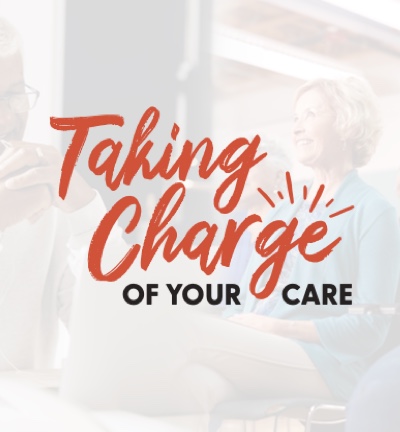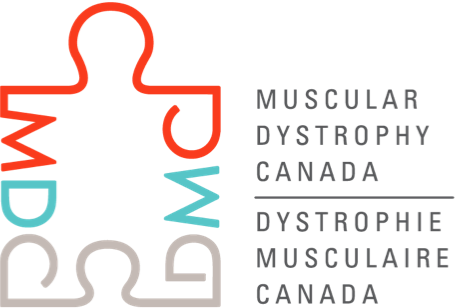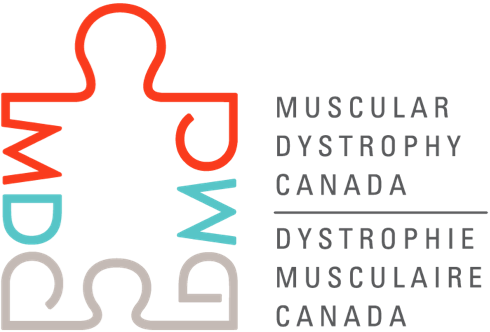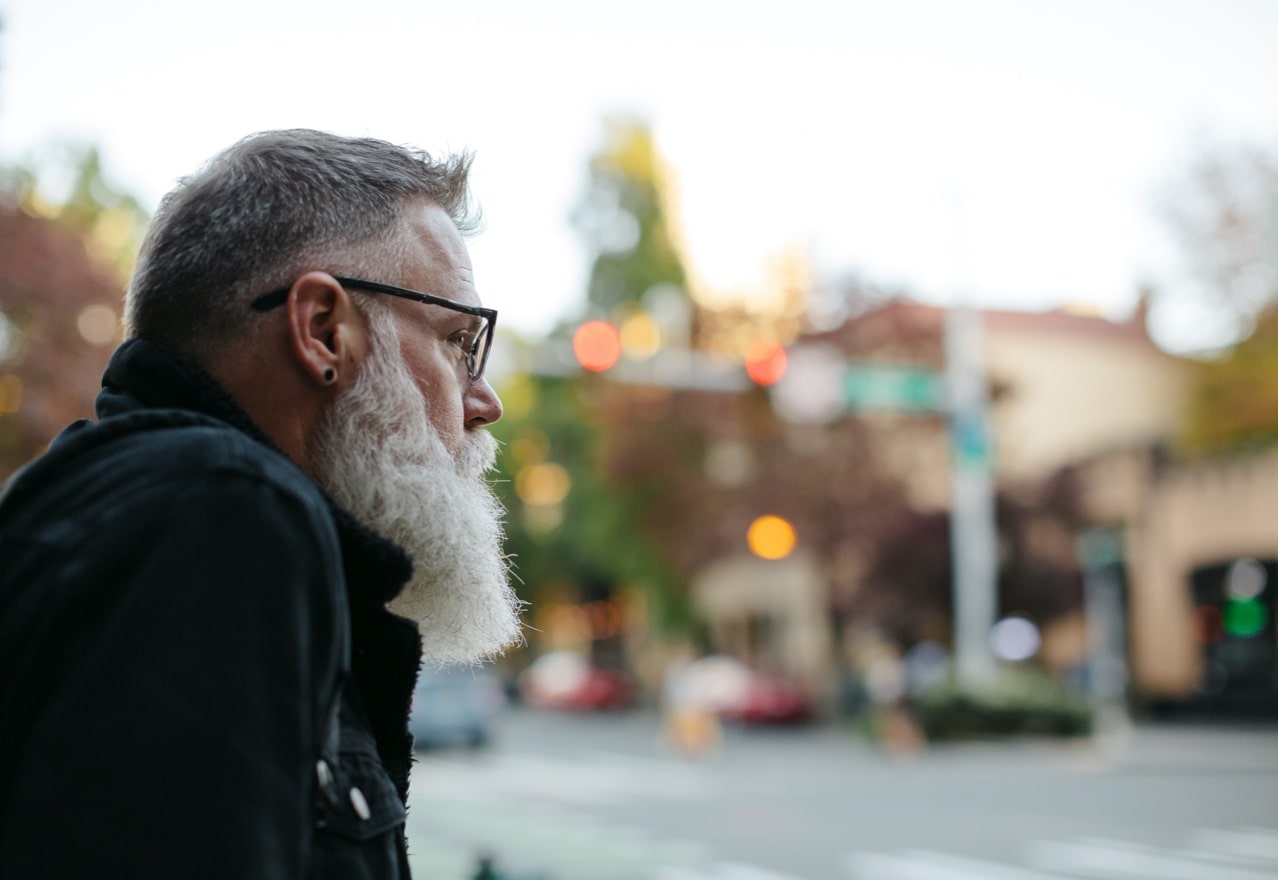Below you’ll find some information that MDC provided about their organization for the myasthenia gravis (MG) community.
When was MDC founded, and what’s the story behind it?
MDC was co-founded by David Green and Arthur Minden. In 1954, a group of parents with children affected by muscular dystrophy came together to form the Muscular Dystrophy Association of Canada (renamed Muscular Dystrophy Canada) with a goal of advancing research in the neuromuscular field. As our research efforts grew, we expanded our services to include education, referrals, equipment funding, advocacy and ongoing peer support for those impacted by neuromuscular disorders (NMDs). MDC’s umbrella covers many NMDs including muscular dystrophies, myopathies, motor and/or sensory neuropathies and neuromuscular junction disorders such as myasthenia gravis.
Today we also have volunteers and staff across the country helping raise awareness of neuromuscular disorders, barriers our community faces on a daily basis, gaps in healthcare and funding available and lack of accessible spaces and programs.
How many people does MDC serve?
MDC has approximately 20,000 registered clients who are patients with a neuromuscular disorder or their family members.
Where does MDC operate?
Nationwide with offices, volunteers and staff located in different provinces across the country.
How to get involved
What resources does your advocacy organization provide to its members, and what can a new member expect when they join?
When a new client registers with MDC, they will receive a welcome phone call and package from an MDC staff member. They will discuss their diagnosis, current concerns and needs, resources available near them and any areas of interest such as research participation, advocacy or fundraising. In the case of myasthenia gravis (MG), we offer a Welcome Information Package with resources curated specifically for the person.
Systems Navigation program—this program is designed to support clients in all areas of their non-medical needs including funding equipment to improve daily life, providing emotional and educational support and ensuring access to vital resources and support systems.
Research hotline—MDC’s dedicated hotline is here to help you better understand the latest research. Our Research Team can talk to you about new studies and treatments, explain recent studies in plain language, let you know which clinical trials are available and answer your disorder-specific questions.
Participate in research studies—Canadians affected by neuromuscular disorders, their families, and advocates are increasingly asked to take an active role in research, but they often feel unprepared to participate. To ensure individuals feel prepared to become a research team member, the Neuromuscular Disease Network for Canada (NMD4C) in partnership with MDC offers online, self-directed, free training modules.
Community education—opportunities to build a community of support through presentations like Muscle Facts, conferences, network meetings and educational sessions. We can come to your school, workplace, or community and help raise awareness of your specific disorder and NMDs in general.
How can people in the MG community get in touch with MDC’s leaders in their area so they can get involved?
Anyone with MG, supporters, family members and anyone interested in advocacy can connect with MDC’s Research Team at research@muscle.ca and they will work with you to share information of current advocacy efforts and training, as well as connect you with local staff or community members.
You can also register as a client with MDC here.
What are ways that people can contribute to your advocacy organization? Do you have any urgent needs?
Participating in surveys and research projects
MDC shares many opportunities for participation and sharing your experiences.
MDC works from a “nothing about us, without us” approach and relies on feedback, guidance and information from our community to ensure we are focusing our efforts in the areas of highest need for our community. We always encourage people with MG to get involved and help us drive our advocacy efforts, research investments and programs and services.
Sharing our opportunities with others who may be interested in participating
If something isn’t the right fit for you, maybe it is for someone else you know. By sharing our social media posts, event invites and news, you can help us broaden our audience and reach more individuals affected by NMDs who could also benefit from MDC’s support.
Volunteering on a committee
By joining a committee (Advocacy Advisory Committee, Board Committee, Marketing Advisory Group), you will be able to share your experiences and help drive MDC’s initiatives!
Raising awareness for myasthenia gravis
What is the most important message your advocacy organization has for someone living with MG?
MDC knows that MG can affect individuals differently, and that each person’s needs are unique. We work with every individual to assess their needs, share information on complex systems like the drug regulatory process and connect them with others on similar advocacy efforts when possible. We work alongside you to help your advocacy efforts, expand your own advocacy skills and provide a helpful hand in understanding the systems, decision-makers and current landscape.
In 2023, MDC conducted a journey-mapping initiative for Canadians with MG. Our goal was to capture the clinical, attitudinal, cost and informational journey including time to diagnosis, diagnostic experience, treatment and emotions during each stage of their journey and pressure points. The MG journey map illustrates a person’s needs, processes they follow and perceptions and emotions they have throughout their healthcare journey.
Additionally, while some treatments are available for MG in Canada, many challenges and unmet needs still remain. We recognized these recurring roadblocks and difficulties in the diagnosis process for people with MG, and wanted to capture this information so we would know how best to support this community.
Information is key—knowing where the challenges are means we know exactly where we need to support our community!
Is there a story you’d like to share about a time your advocacy organization helped members of the MG community?
Not one singular story, but we work with members of the MG community by paying for equipment, respite, travel and medical equipment. We also help with finding a neuromuscular specialist for a second opinion and support people getting into clinical trials. We have connected with Canadians affected by MG and presented these results to drug decision-makers to ensure fair and timely access to treatments.
How have the needs of your advocacy organization and its members changed over time?
MDC works very hard to connect with patients, either through surveys, research opportunities or direct conversations to ensure we are focusing our efforts across all areas of the organization in the direction that is most helpful for our community.
What is one thing that makes your advocacy organization stand out?
We are here to support you through every stage and every change. Anyone affected by a neuromuscular disorder, including family members and supporters, can register with MDC to receive access to programs and services.
Even if what you need is not something MDC specifically offers, our Systems Navigation program is there to help clients and their family members work through complex systems like housing, healthcare and education. MDC is here to help you access anything you need to live your best life.
Does MDC host any annual events to raise awareness for myasthenia gravis?
Walk & Roll for Muscular Dystrophy Canada
Events take place from Spring to Fall in over 30 locations across Canada. Dates and locations can be found on walkrollmdc.ca.
Let’s Talk NMDs webinars
MDC hosts webinars throughout the year on various topics of concern for the neuromuscular disorder community. Researchers, clinicians, individuals living with NMDs and other experts join as guest speakers to share their experiences.
Nationwide newsletters (three per year)
This mass communication piece goes to more than 70,000 recipients and is a great tool to raise awareness and share information. MDC features different clients and their experiences with different topics including advocacy efforts in each edition.
Advocacy efforts
As the voice of the neuromuscular community, we continue to advocate for policy changes related to treatments, diagnosis, disability and other changes that will better the lives of our patients. We focus our advocacy efforts at a national, provincial and individual level.

